Black History Month Book Recs
Ninety-nine years ago, in February 1926, Dr. Carter G. Woodson announced the establishment of what would become Black History Month, to celebrate and recognize the achievements, life, and culture of African Americans. Woodson founded the Association for the Study of African American Life and History (ASALH) to provide space and a platform for researching and discussing Black history.
This year, ASALH issued a statement at the beginning of February: Black History Month 2025: We Proclaim It. Invoking Dr. Woodson’s legacy, they affirm the centrality of the Black experience to American history.
America did not have to tell us that we built this country, our fingerprints are etched into the stone. America does not have to proclaim Black History Month, we proclaim it…We stand at the intersection of the past and the future; what we do at this moment will determine how the next gear shifts.”
— ASALH
It is in this spirit that we are sharing recommendations of media reflecting Black perspectives, including fiction and non-fiction books, film and music. These titles are available in our catalog, licensed streaming services and through interlibrary loan using UC Search.
— Nancy Wallace, Arts, Humanities, and Social Sciences Librarian, Student Services
— William Cuthbertson, Arts, Humanities, and Social Sciences Librarian, Student Services
Fiction
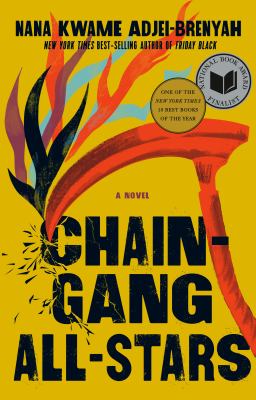
Chain-Gang All-Stars by Nana Kwame Adjei-Brenyah
You could call “All-Stars” a futuristic view on the U.S. private prison system, an extreme take on our addiction to violent entertainment, or even just a modern version of satires like Stephen King’s The Running Man. But if Adjei-Brenyah’s first novel (after his collection of short stories, Friday Black) is any or all of these, it’s also so much more: there is a weight here that these examples didn’t carry; a better understanding of how the country ignores parallels that it creates between inequity and incarceration, and the assumptions we make of both. As soon as I finished “All-Stars,” I pressed the book onto a friend—this is the kind of powerful writing we should be sharing more of. (WC)
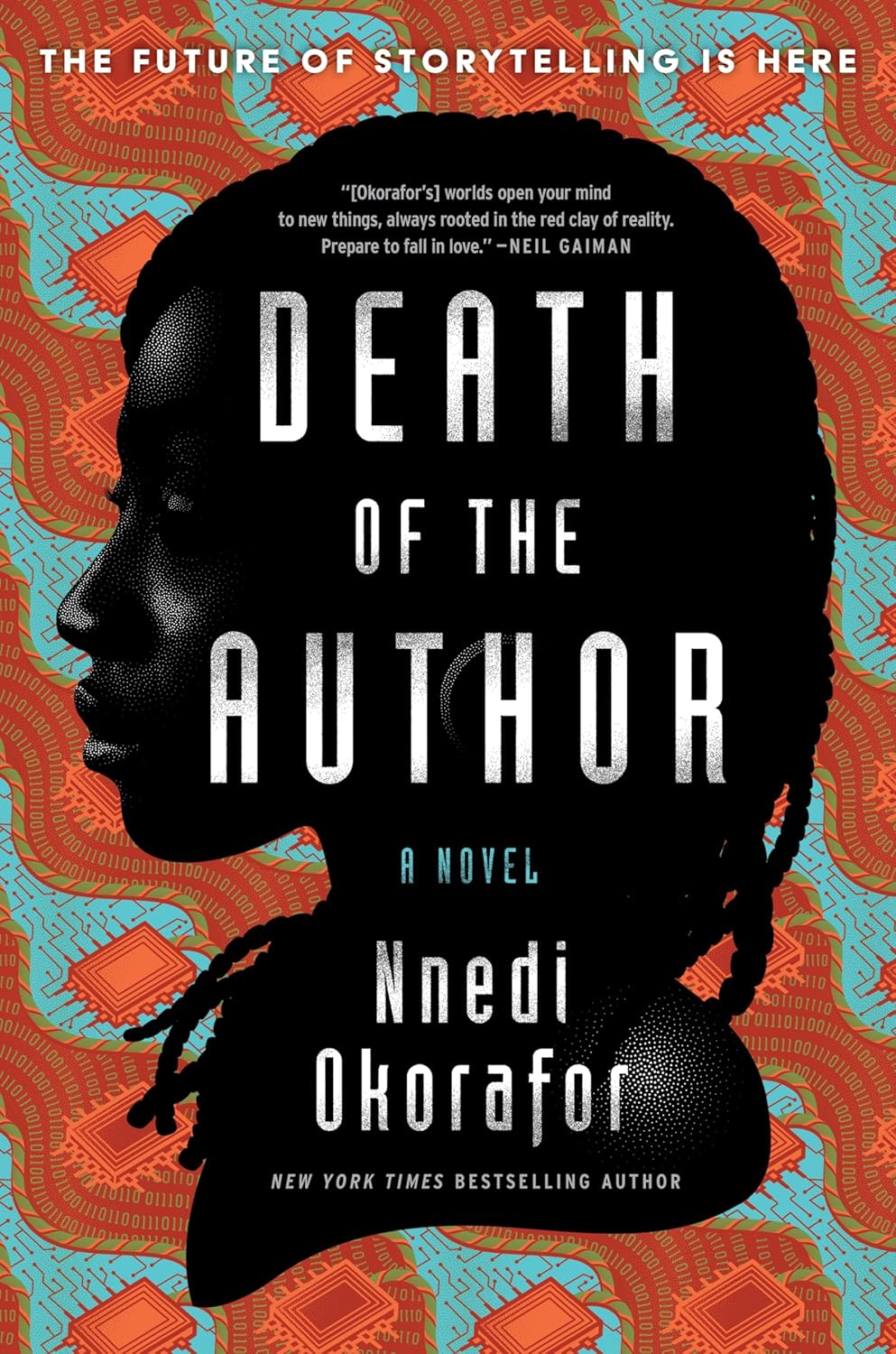
Death of the Author by Nnedi Okorafor
The most recent novel from award-winning, Afrofuturist author Okorafor centers on Zelu, a disabled writer from a large Nigerian-American family in Chicago, much like Okorafor herself. After losing her job teaching college-level creative writing, she creates a novel that becomes an instant bestseller and changes her life forever. While it’s difficult to discuss “Death of the Author” without spoilers, the novel examines themes of family, racism, the creative process, AI, disability and embodiment. Through all of the twists and surprising turns, “Death of the Author,” like the best speculative fiction, is ultimately about what it means to be human. (NW)
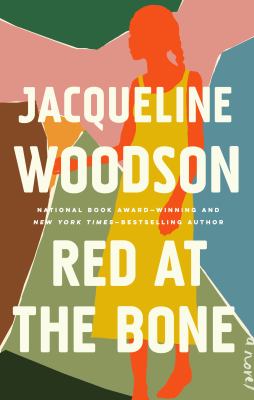
Red at the Bone by Jacqueline Woodson
Woodson’s short, perspective-jumping novel centers around the lives connected by the pregnancy between poorer but hard-working Aubrey, and more adventurous, middle-class Iris. Daughter Melody, who struggles with belonging, and Iris’s parents, whose relationship is rooted in tragedy, are the bookends of a family trying to understand itself, even when understanding may not bring them any closer. I loved Woodson’s exploration of how lives can impact one another, and how they sometimes risk turning us away from deeper appreciation of our own needs. The end was like a beautiful, if tentative, exhale. (WC)
Non-Fiction
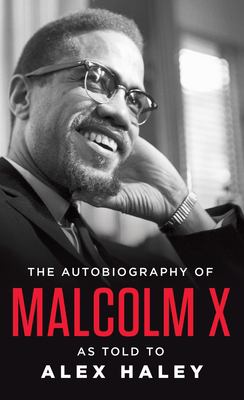
The Autobiography of Malcolm X by Malcolm X (with Alex Haley)
I first read this in my 20s and it has turned out to be more relevant than I ever would have imagined. Malcolm X’s thoughts on the importance of marginalized communities supporting themselves through the ebb and flow of external support resonates strongly today—as does the eternal advice that one shouldn’t ask for the rights enshrined in our humanity; those rights should be asserted aggressively. A man who reinvented himself repeatedly to defy what others would impose, Malcolm X was on a search for less limited truths than those our institutions offer. His is the quintessential American story. (WC)
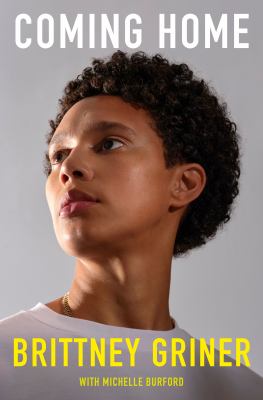
Coming Home by Brittney Griner (with Michelle Burford)
Griner’s account of her imprisonment in a Russian penal colony is searing and real, and so compelling that I couldn’t put it down. Griner and her co-writer Burford capture the authenticity of her voice on the page as she relates the story of her arrest and trial, the fear of not knowing what would happen from day to day in a hostile country where she didn’t speak the language. While it is difficult to read about the dehumanization and indignities she suffered as an American Black lesbian in Russia, equally heartbreaking and infuriating is her description of being constantly challenged in women’s restrooms in the U.S. because her tall, athletic, Black body doesn’t meet the standards of white femininity.
Yet despite her harrowing experience, “Coming Home” is is a story of resilience and strength, including Griner herself and her indomitable wife Cherelle, fighting for Brittney’s freedom while in the midst of studying for the bar exam. The value of community is evident in the work of her Russian lawyers who advocated on her behalf; her agent, tirelessly lobbying for Griner’s release; and the WNBA and NBA players who kept her name in the spotlight during her ordeal. (NW)
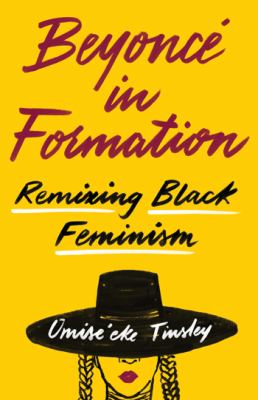
Beyoncé in Formation: Remixing Black Feminism by Omise’eke Tinsley
I found this book while searching the library catalog for sources on Beyoncé’s album “Cowboy Carter,” which I also discuss below. Often in academic works about pop culture, the author positions themselves as an outside observer. In “Beyoncé in Formation,” Omise’eke Tinsley takes a different tack, examining her album “Lemonade”—and Beyoncé more broadly—through the lens of Black feminism and her own experiences as a queer Black woman. Tinsley focuses on three aspects of “Lemonade” in particular: family, sexuality, and activism as experienced by Black women, and how Beyoncé’s lyrics reframe those conversations. Tinsley weaves her own family history throughout the book, exchanging the traditional academic distancing for a compelling personal narrative that grounds her analysis in the Southern Black female culture that Beyoncé highlights in “Lemonade.” (NW)
Film
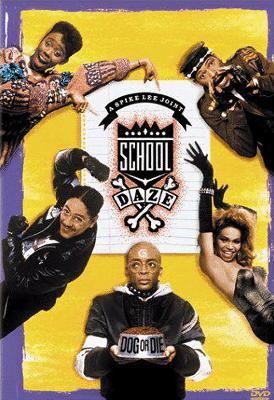
School Daze written and directed by Spike Lee
Director Spike Lee’s second film (after 1986’s “She’s Gotta Have It“), “School Daze” follows its characters through the ins and outs of life at a popular HBCU: a cross-section of new and returning students face colorism, hazing and classism while stirring classmates to social action and taking part in the more common experiences of, you know, trying to have a good time. Like most of Lee’s films, “School Daze” is a chance to see the work of some of the biggest names in Black cinema and television in a new, early light—Giancarlo Esposito, Laurence Fishburne, Tisha Campbell, Ossie Davis, Jasmine Guy, and Samuel L. Jackson among them. Did I mention it’s also kind of a musical? (WC)
- Soundtrack on streaming services
Music
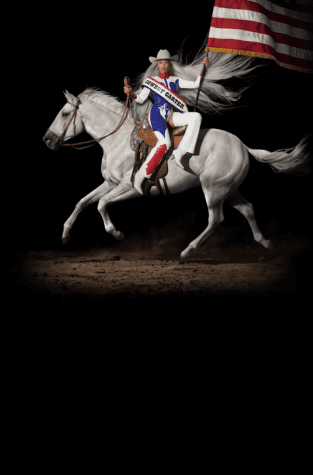
Cowboy Carter by Beyoncé (streaming services)
In “Beyoncé in Formation,” Omise’eke Tinsley describes Beyoncé’s performance of “Daddy Lessons” with The Chicks at the 2016 Country Music Association Awards. The racist, misogynist response from some in the country establishment seemed to send a clear message: the door to Big Country was closed to Black women.
With “Cowboy Carter,” Beyoncé put on her boots and kicked that door down. The album reclaims country and celebrates its Black roots. “Cowboy Carter” expands the boundaries of the genre, incorporating elements of R&B, rock, folk, pop, psychedelic soul, hip-hop, zydeco and bluegrass. The framing device of the album as a radio broadcast with legends like Willie Nelson and Dolly Parton as DJs serves to further center “Cowboy Carter” in country tradition, while Beyoncé’s inclusion of young Black country artists points the way to a more inclusive future for the genre.
Born and raised in Chicago, no one’s ever said “I spoke too country.” But when Beyoncé sings in “American Requiem” about being “rooted in Louisiana,” I thought about going to visit my relatives there. When Beyoncé warns the titular character she’d “hate to have to act a fool” in her reimagining of Parton’s classic “Jolene,” I could hear my mother’s voice. “Cowboy Carter” is something I never expected to hear: a country album that speaks to me as a Black woman. (NW)
Related library resources
- 2024 Black History Month book recs (a collaboration with the Center for African Disapora Student Success)
- 2023 Black History Month book recs (Librarian Nancy Wallace’s recs and Librarian David Michalski’s recs)
- 2022 Black History Month books recs (Librarian Nancy Wallace — YouTube and Librarian David Michalski — YouTube)
- Year-round Resources for Black History (Archives and Special Collections)
- Celebrate Juneteeth: Historical and Contemporary Resources
- In Memory and Celebration: bell hooks
- Resources for Understanding: the Social Movement to End Police Violence Against African Americans
- African and African American Studies Research Guide